Epoxy vs. Traditional Flooring: A Comprehensive Comparison
Making the Right Choice for Your Home or Business
Choosing the right flooring for your home or business is crucial for both aesthetics and functionality. With so many options available, it can be challenging to determine which flooring solution is best suited for your needs. In this blog post, we will compare epoxy flooring with traditional flooring options, highlighting the key differences to help you make an informed decision. At Bluehawk Industrial Coatings, we specialize in providing high-quality epoxy flooring solutions tailored to your specific requirements.
Understanding Epoxy Flooring
Epoxy flooring is a durable and versatile flooring solution made from a mixture of resin and hardener. When applied to concrete floors, it forms a hard, glossy surface that is both attractive and long-lasting. Epoxy flooring is popular in both residential and commercial settings due to its numerous benefits.
Advantages of Epoxy Flooring
- Durability: Epoxy flooring is incredibly resistant to wear and tear, making it ideal for high-traffic areas.
- Easy Maintenance: The smooth, non-porous surface is easy to clean and maintain.
- Aesthetic Appeal: Available in a variety of colors and finishes, epoxy flooring can be customized to match any decor.
- Chemical Resistance: Epoxy is resistant to many chemicals, making it a great choice for industrial settings.
- Cost-Effective: Over time, the durability and low maintenance of epoxy flooring can result in significant cost savings.
Disadvantages of Epoxy Flooring
- Installation Time: Proper installation can take several days, including curing time.
- Slippery When Wet: Epoxy floors can be slippery, especially when wet, but this can be mitigated with anti-slip additives.
- Surface Preparation: The underlying surface must be thoroughly cleaned and prepped for the epoxy to adhere properly.
Exploring Traditional Flooring Options
Traditional flooring encompasses a variety of materials, including hardwood, tile, laminate, and carpet. Each of these options has its own set of benefits and drawbacks, making them suitable for different environments and uses.
Advantages of Traditional Flooring
- Variety: With options like hardwood, tile, and carpet, traditional flooring offers a wide range of styles and textures.
- Comfort: Carpet, in particular, provides a soft and comfortable surface, ideal for living spaces.
- Natural Aesthetics: Materials like hardwood and stone offer a natural, timeless look that can enhance any interior.
Disadvantages of Traditional Flooring
- Maintenance: Many traditional flooring options require regular maintenance, such as polishing or deep cleaning.
- Durability: Depending on the material, traditional flooring can be more susceptible to damage and wear over time.
- Cost: High-quality traditional flooring materials like hardwood or natural stone can be expensive to purchase and install.
Making the Right Choice with Bluehawk Industrial Coatings
When deciding between epoxy and traditional flooring, consider the specific needs of your space, your budget, and your aesthetic preferences. Epoxy flooring is an excellent choice for areas that require durability and low maintenance, such as garages, basements, and commercial spaces. Traditional flooring may be better suited for living areas where comfort and natural beauty are priorities.
At Bluehawk Industrial Coatings, we are committed to helping you find the perfect flooring solution for your home or business. Our expert team can guide you through the process, from selecting the right materials to professional installation.
For more information or to schedule a consultation, contact Bluehawk Industrial Coatings today. Let us help you transform your space with our top-quality flooring solutions.


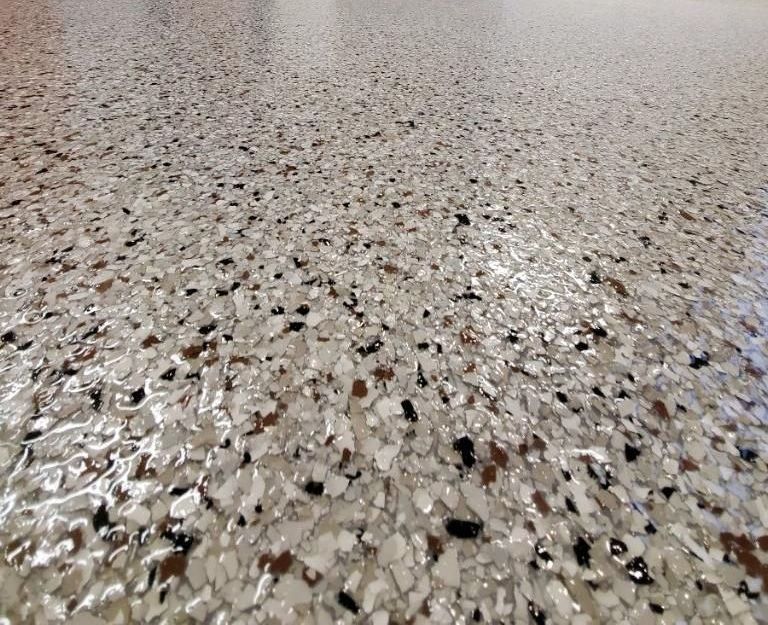

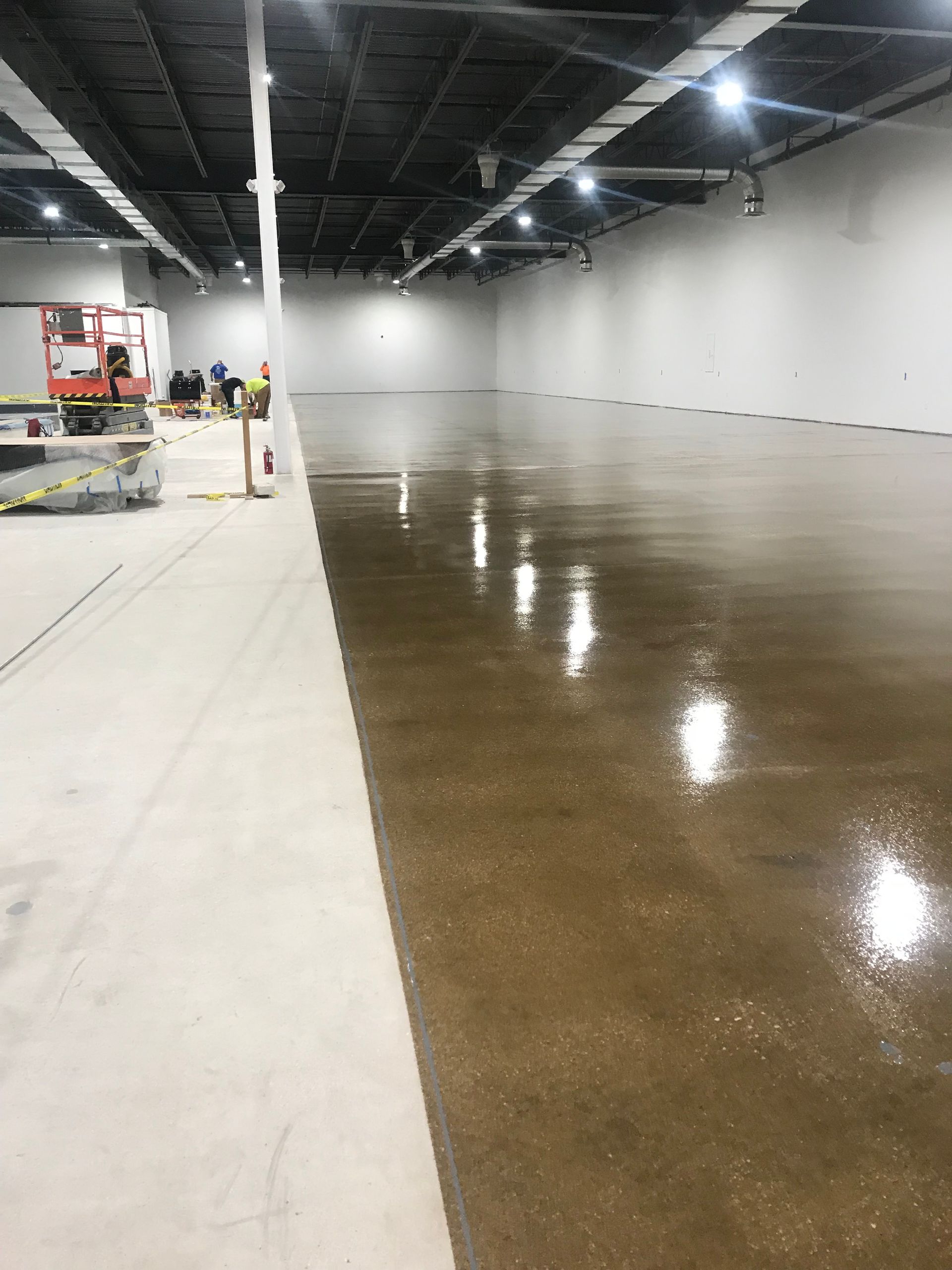
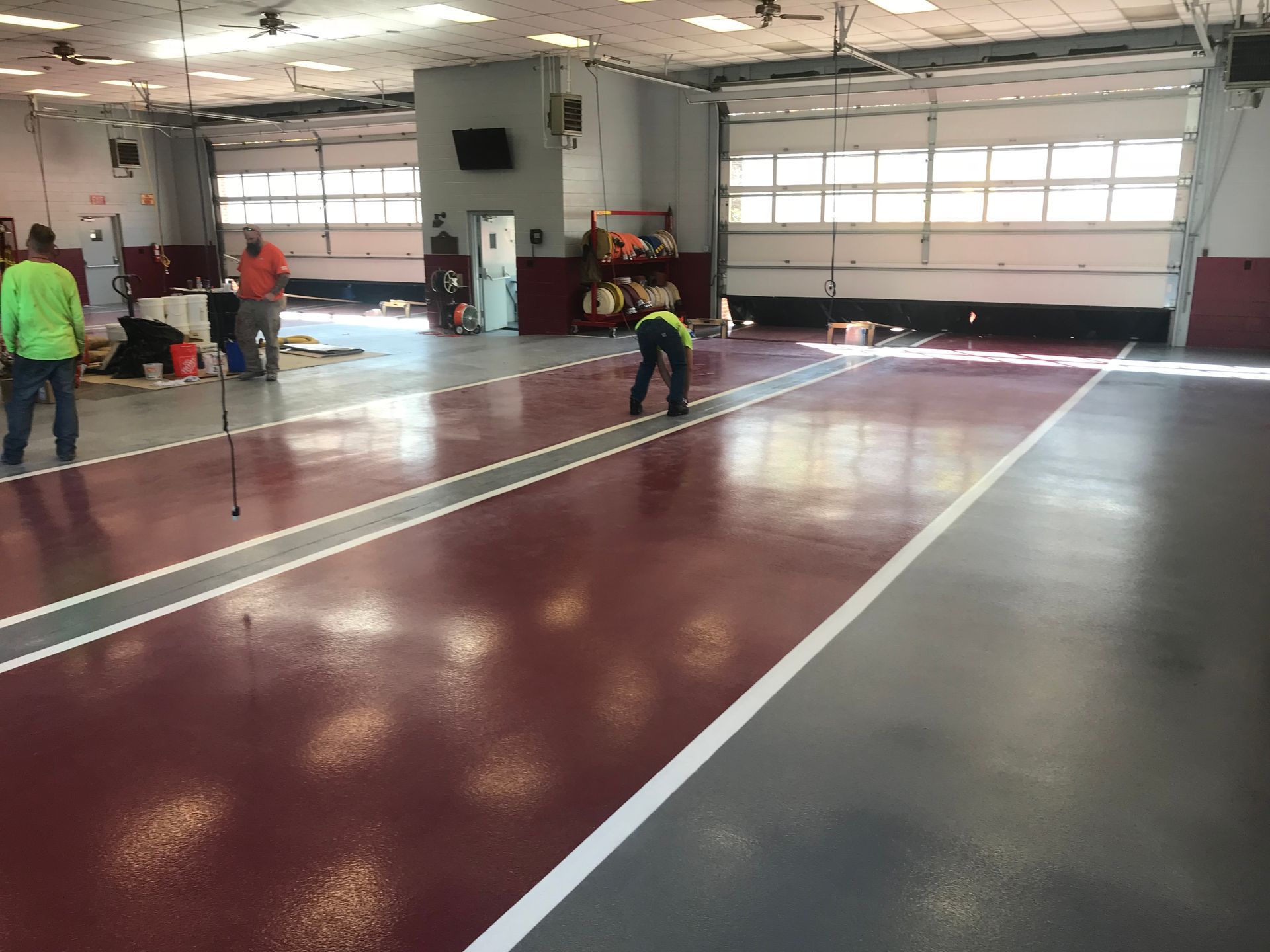
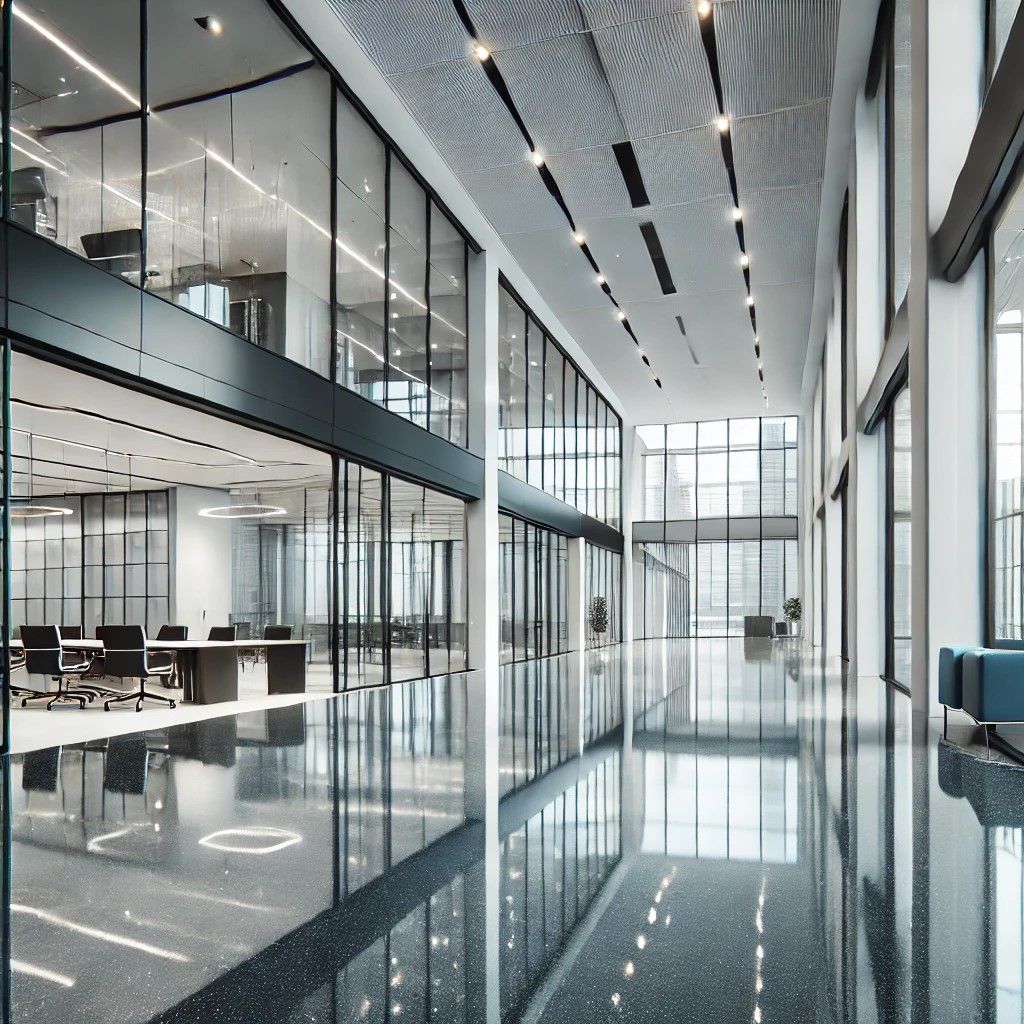

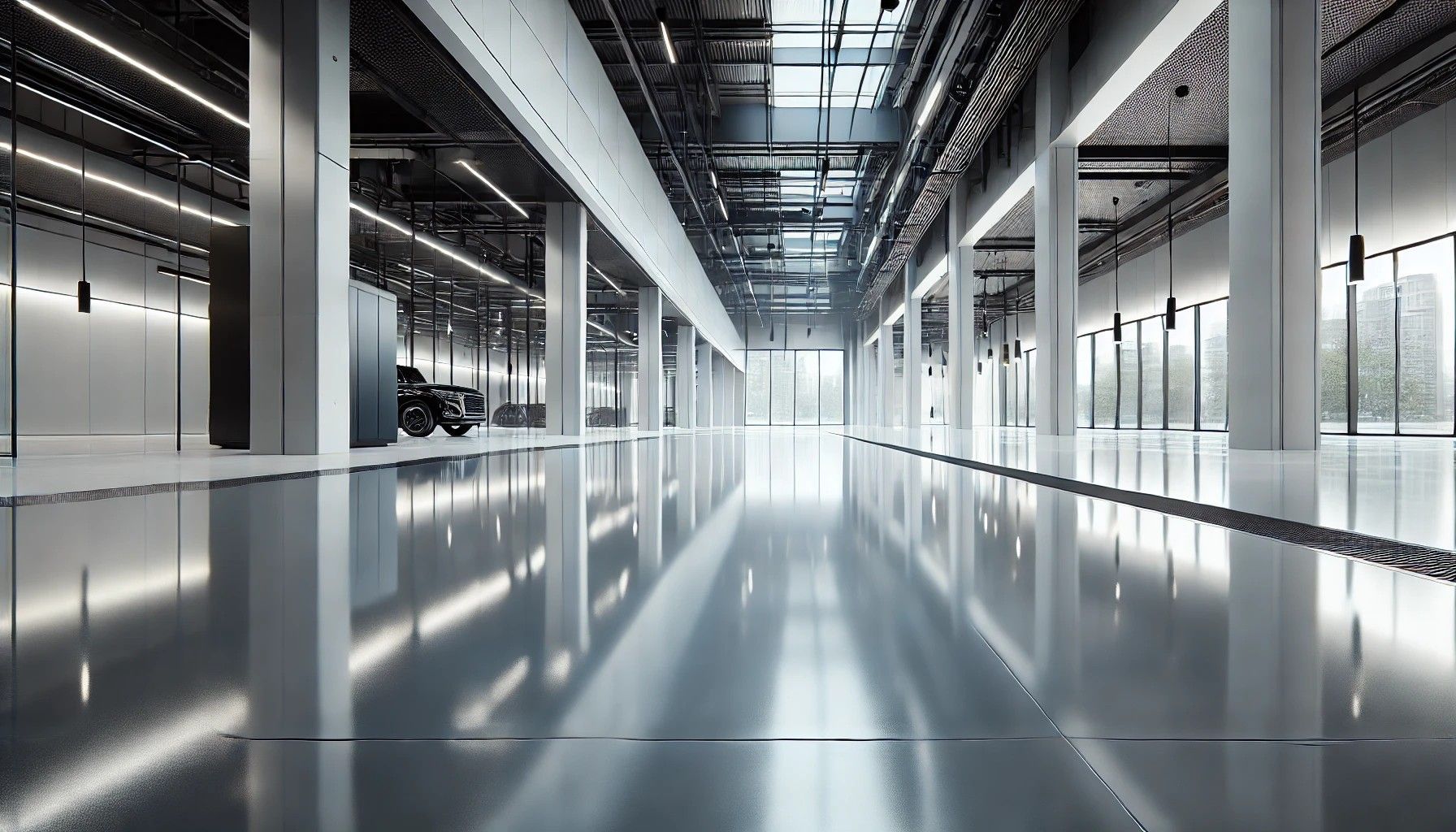
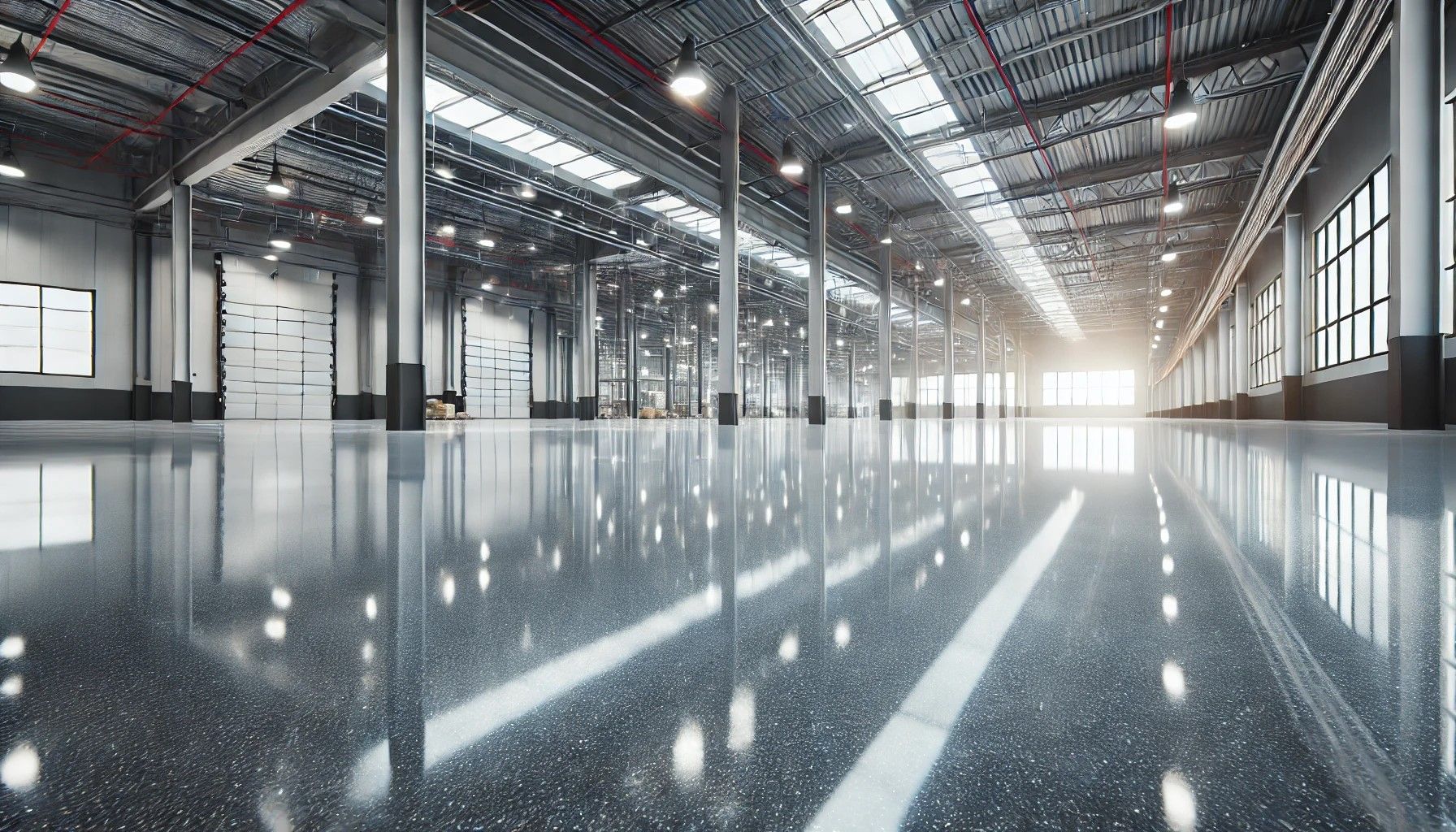

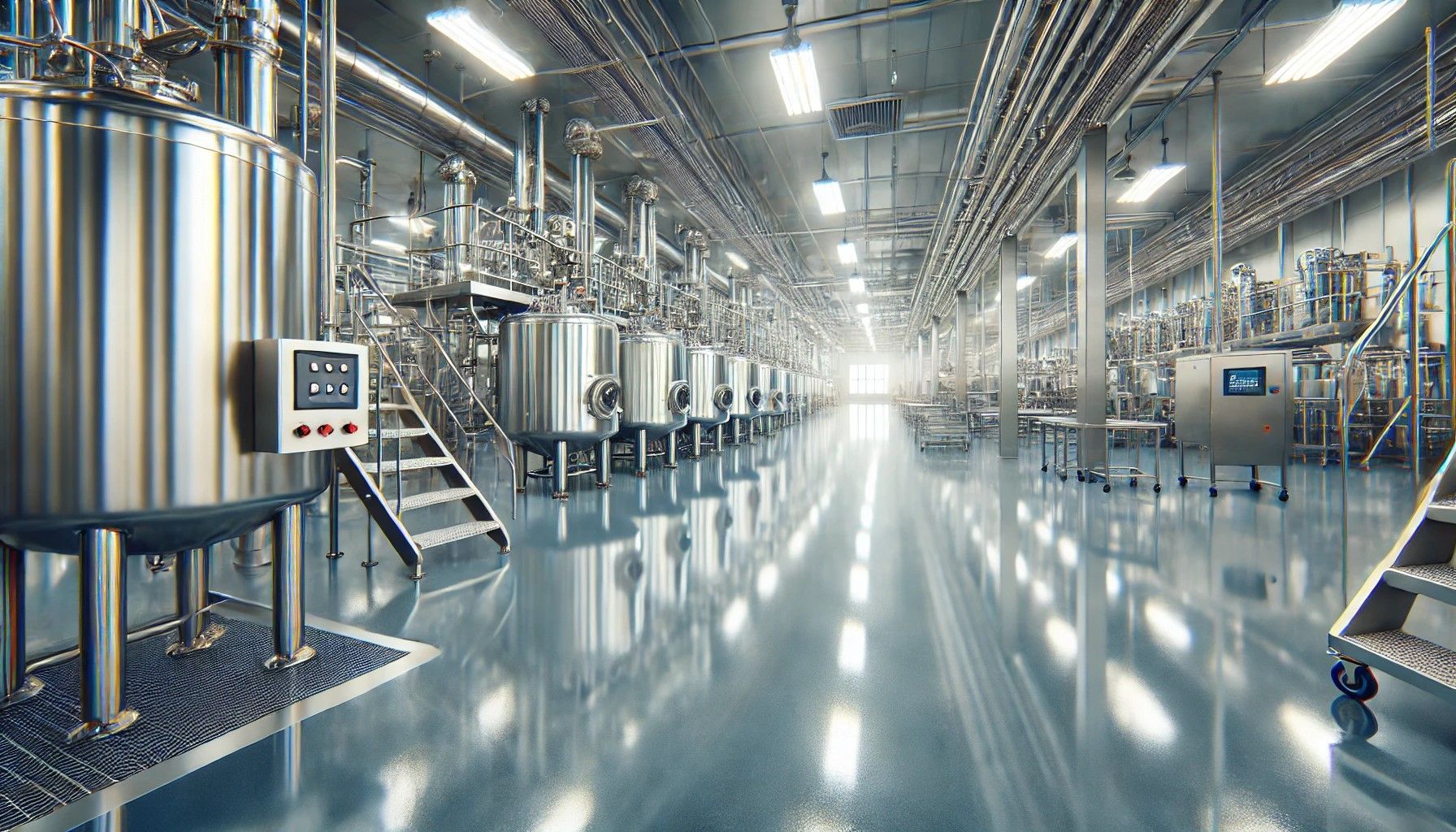
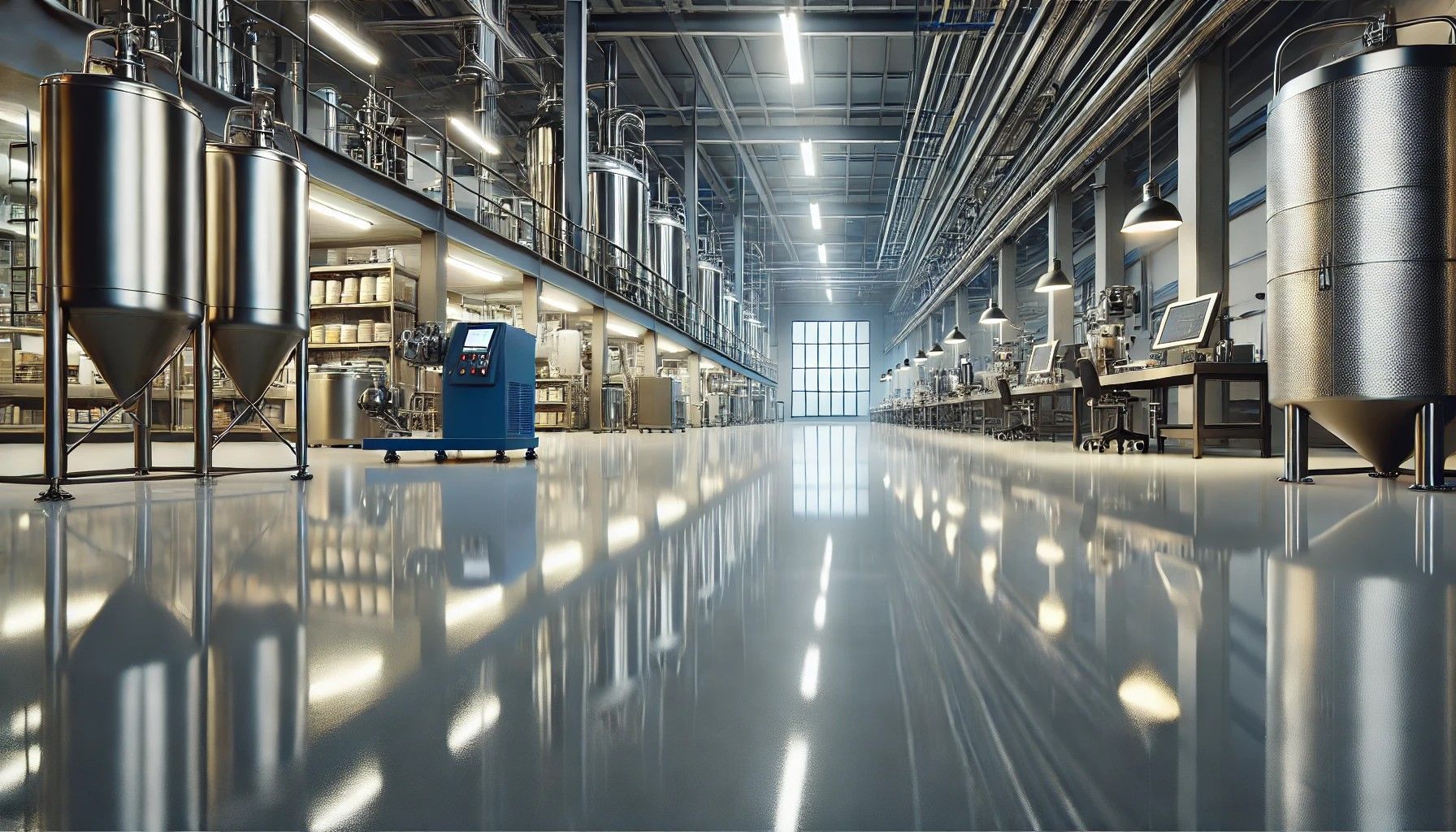
Share On: